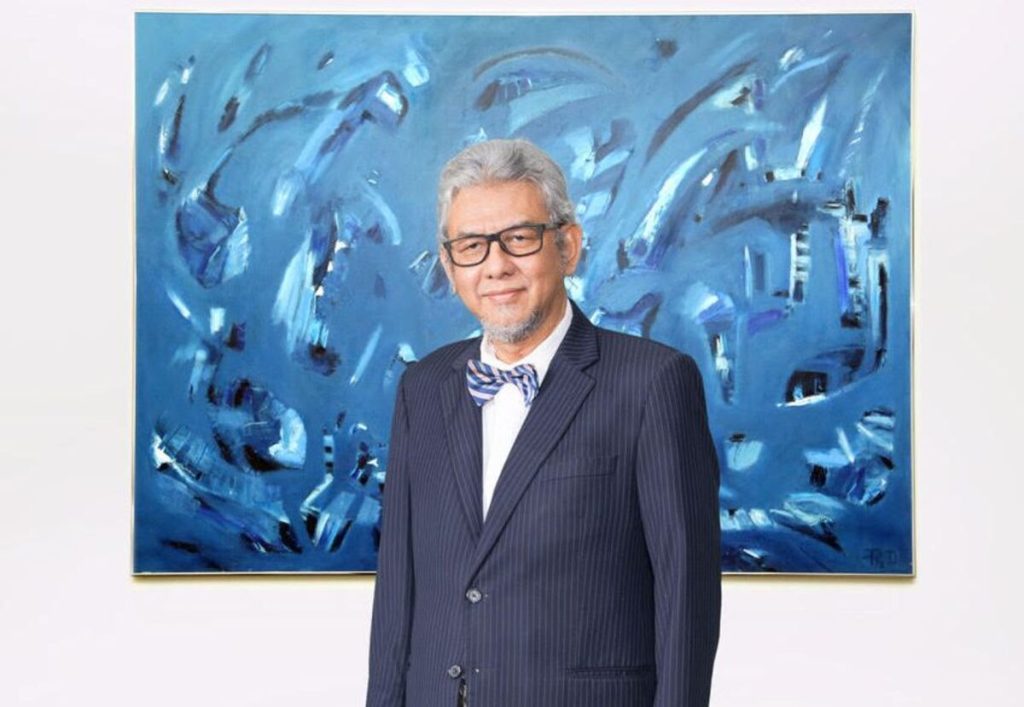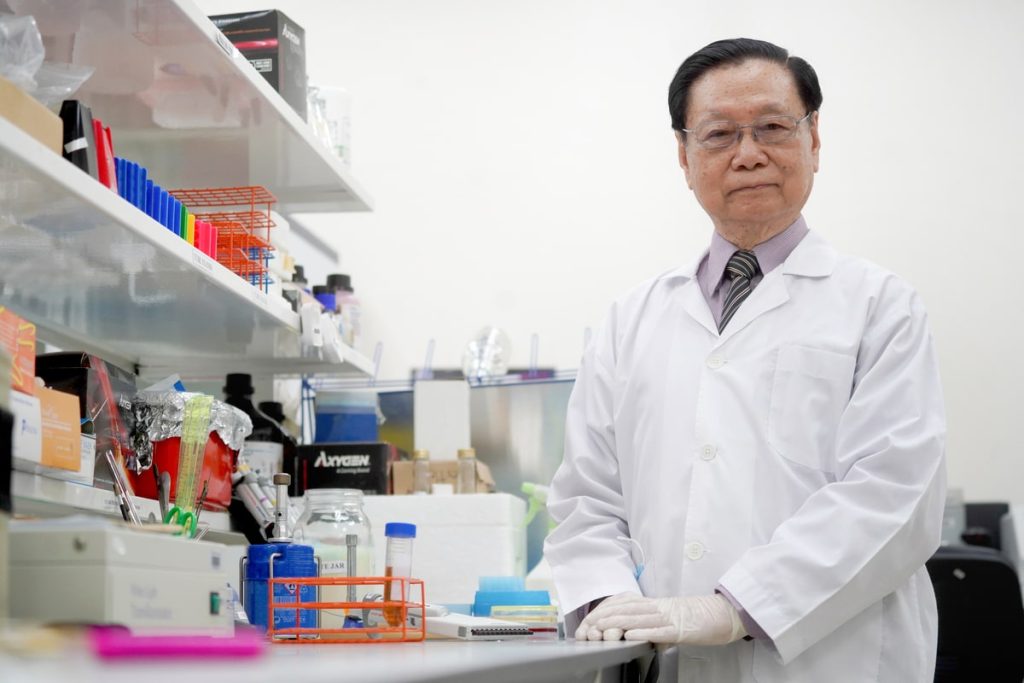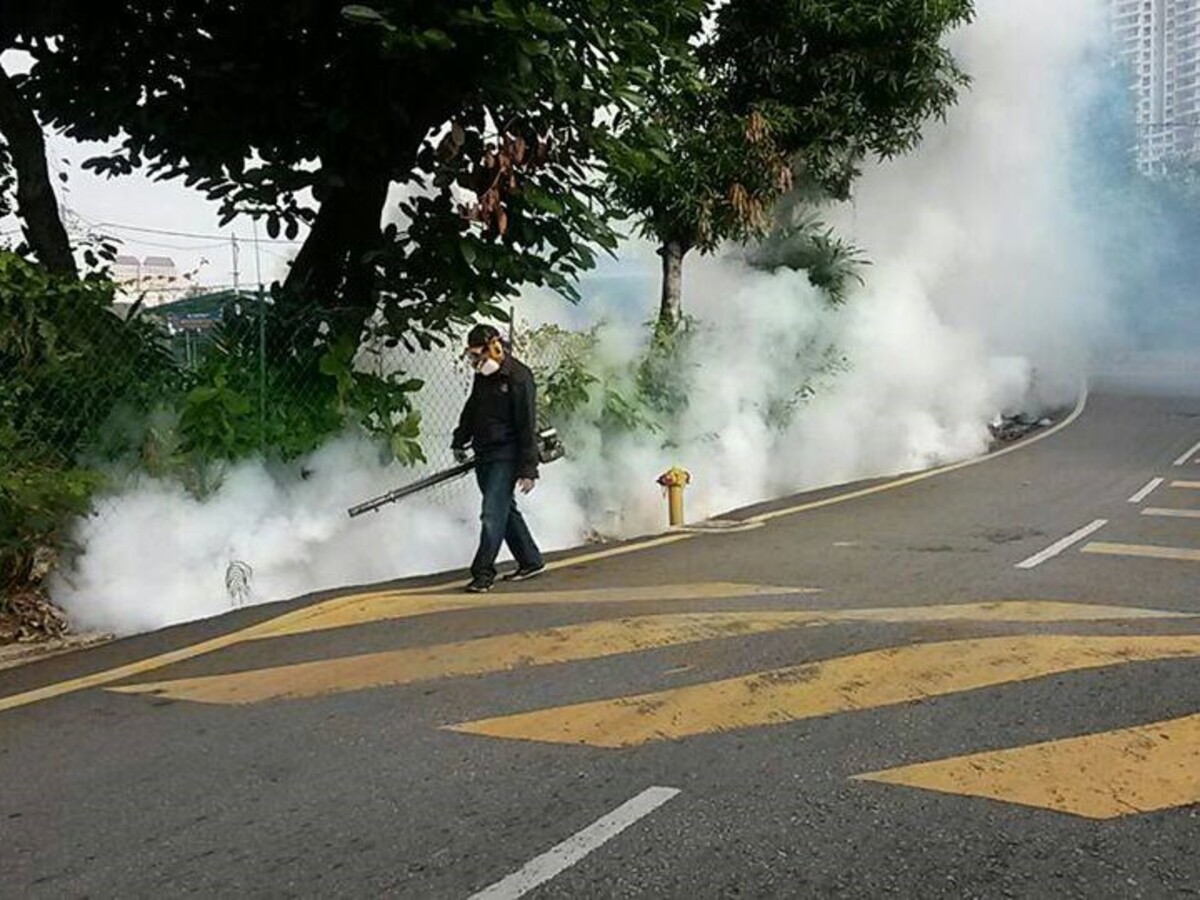KUALA LUMPUR, March 1 – The Auditor-General’s 2022 report paints a picture of shortcomings in dengue prevention and control in Malaysia, namely insecticide fogging and the Wolbachia mosquito project.
The section on dengue management and control under the Ministry of Health (MOH) in the federal audit – which was tabled in Parliament last October – highlighted a “lack of achievement” in the implementation of dengue control activities, reporting either late or non-implementation of mosquito breeding site elimination (PTP) and fogging (SRT).
This was attributed mainly to unequal distribution between vehicles and equipment compared to teams, and unequal distribution in the ratio of staff to localities between health offices.
The national audit found a decrease in dengue cases of between 33 per cent and 100 per cent in 17 localities with the Wolbachia mosquito project,but the AG’s report concluded that the Wolbachia project has “yet to demonstrate comprehensive results”.
The MOH reported 123,133 dengue cases nationwide in 2023, up by a whopping 86 per cent from 66,102 cases in 2022, according to Health director-general Dr Muhammad Radzi Abu Hassan’s January 5 statement. Deaths from dengue fever increased by 79 per cent to 100 in 2023 from 56 the previous year.
Lokman: No Robust Scientific Evidence That Fogging Works

According to the National Strategic Plan on Dengue Prevention and Control 2022-2026 by the MOH’s vector-borne disease sector under the disease control division, the cost of dengue prevention and control activities by health staff is estimated to be more than RM167 million over five years.
“There is no robust scientific evidence that fogging works,” Dr Lokman Hakim Sulaiman, deputy vice chancellor of research at International Medical University (IMU), told CodeBlue in an interview.
“My argument in support of the systematic review on fogging is that fogging only kills the adult mosquitoes at the point of fogging, but unless you follow the fogging with intensive source (breeding place) reduction, new adult mosquitoes will emerge the next day,” Dr Lokman said.
“That was supposed to be the rationale for the double fogging strategy in the Dengue Control Guideline, after a case is reported. The second fogging is done 14 days later, with the assumption that newly emerging adults will take about 14 days to complete the cycle to infectivity.
“But with the transovarial transmission capacity of Aedes female mosquitoes to pass the virus to the eggs, larvae, and subsequently the emerging adult mosquitoes, that assumption is no longer valid in dengue endemic areas.”
Universiti Kebangsaan Malaysia’s (UKM) parasitology and entomology expert Prof Dr Hidayatulfathi Othman told The Star last April that fogging could only kill adult mosquitoes, but not the “immature” ones usually found in water.
“In a few days, those in the water will emerge and replace those killed. Thus, it will return to the original population if we do not search for and destroy the breeding habitats,” she was quoted saying.
More R&D Investment Needed, Reallocate Fogging Funds To Eliminating Mosquito Breeding Sites
Dengue research has suffered due to dengue being a “neglected tropical disease”, despite its rapidly increasing burden, Dr Lokman noted.
He called for increased investment in R&D for better diagnostics, therapeutics, and, crucially, an effective vaccine offering broader protection against all serotypes.
The public health expert also emphasised source reduction as the key to dengue control, citing Cuba’s success and suggesting reallocating fogging funds to community-based mosquito breeding site elimination (COMBI) activities.
He suggested that local authorities take ownership of environmental cleanliness and empower neighbourhoods to participate in source reduction. Additionally, promoting mosquito repellent use and mandatory mosquito netting in new housing projects are proposed as host protection measures.
“The cycle, which started in 2022, will have a much higher peak, maybe this year, maybe next year, unless something drastic be done to reduce the source of dengue breeding. How else if not through concerted effort by all sectors and community mobilisation?” Dr Lokman said.
Lam: Current Dengue Control Measures, Including Wolbachia, Not Completely Effective in Malaysia And Globally

According to MOH’s National Strategic Plan on Dengue Prevention and Control 2022-2026, the Wolbachia mosquito project is estimated to cost about RM2.4 million per year, or RM12.1 million over five years.
Despite the AG’s 2022 Report highlighting the lack of broad impact from the Wolbachia project, the Cabinet dengue management committee has proposed expanding the programme to 10 new localities.
Deputy Prime Minister Ahmad Zahid Hamidi said in a statement last January 15 that an expansion of the Wolbachia project to 10 new localities, from the current 32 localities in seven states since 2019, would require RM4 million funding annually for operational costs.
Although Dr Lokman believes that the government should continue the Wolbachia project, he cautioned that the impact may take much longer due to the time needed for the bacteria to colonise the Aedes population in the wild.
“In other words, if MOH expected rapid results with the release of RM4 million Wolbachia, I don’t think it will happen, but it may help in the future.”
Mosquito control expert Dr Lee Yean Wang told The Star last April that the Wolbachia project could be very expensive as millions of mosquitoes were needed.
Emeritus Professor Dr Lam Sai Kit, a research consultant at Universiti Malaya and senior fellow at the Academy of Sciences, said research has shown that female Aedes aegypti mosquitoes infected with some strains of Wolbachia confers resistance to dengue virus, making them ineffective in the transmission of the virus to humans.
Wolbachia is a common type of bacteria found in insects, but it is not found naturally in Ae. aegypti mosquitoes. Hence, in a Wolbachia project, Wolbachia-infected Ae. aegypti are created in the laboratory and released in hotspot urban areas periodically, and over time, these mosquitoes will introgress into the local Ae. aegypti population.
“Studies in northern Australia, Malaysia, Indonesia, Brazil and Singapore have shown a substantial and significant reduction in dengue incidence in communities where these mosquitoes have been established,” Dr Lam told CodeBlue in an interview.
However, he pointed out that the number of dengue cases in Malaysia still has not declined significantly, despite an intensified integrated vector control programme, including the use of Wolbachia-carrying Aedes mosquitoes in hotspots in the Klang Valley.
“The Malaysian Auditor-General’s 2022 report on dengue has also questioned the effectiveness of the government’s vector control programme, citing several weaknesses in the management aspects that affect the effectiveness of dengue disease control, such as the teams and equipment for carrying out prevention and control activities, as well as community cooperation in addressing dengue disease,” Dr Lam said.
“The present dengue control measures have not been completely effective, not only in Malaysia, but worldwide. With population growth, rapid urbanisation, climate change, scarce water resources and problem of waste disposal, dengue will continue to be a global problem, unless we can have an effective vaccine.”
Takeda’s Qdenga Dengue Vaccine Receives Conditional Approval
Malaysia’s Drug Control Authority (DCA) recently gave conditional approval for use of Takeda’s Qdenga dengue vaccine, a live attenuated dengue tetravalent vaccine, to prevent dengue fever in individuals aged four years and older.
Health director-general Dr Muhammad Radzi Abu Hassan said last February 9 that the DCA was satisfied with evaluation of the vaccine’s efficacy, safety, and quality, and that the product registration holder – Takeda Malaysia Sdn Bhd – would conduct monitoring after product registration.
In October 2023, the World Health Organization’s (WHO) Strategic Advisory Group of Experts (SAGE) recommended the use of Takeda’s Qdenga vaccine in settings with high dengue disease burden and high transmission intensity.
Consultant paediatrician Dr Musa Mohd Nordin has described the conditional registration of Takeda’s Qdenga dengue vaccine as a “most welcome breakthrough, an invaluable armamentarium in our war against dengue”.








